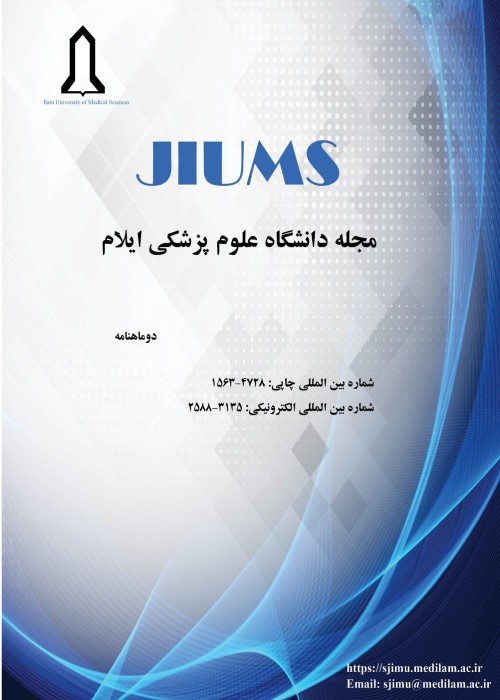Effect of Magnesium Oxide Nanoparticles on Oxidative Stress Parameters to Treat Alzheimer's Disease in Adult Male Wistar Rats
Many factors affect memory and learning. One of the most important ones is magnesium, which is essential for the proper functioning of our memory. Magnesium is the fourth most important cation and the second most important intracellular cation after potassium in the body. Magnesium plays an important role in neurotransmission. This study aimed to examine magnesium oxide nanoparticles' effect on the parameters of oxidative stress to treat memory deficit in the rat model of Alzheimer's disease with the help of Amyloid-β.
In this experimental study, 54 adult male rats were divided randomly into nine groups, such as 1. Healthy control group, 2. Alzheimer's control group (rats that underwent stereotactic surgery and received 2nmol/µl of Amyloid-β by intracerebroventricular injection [ICVI]), 3. Sham group (rats that underwent stereotactic surgery and received saline as an Amyloid-β’s solvent), 4, 5, and 6. The healthy experimental groups (healthy rats receiving 2.5, 5, and 10 mg/kg body-weight doses of magnesium oxide nanoparticles by intraperitoneal injection), 7, 8, and 9. Alzheimer's experimental group (Alzheimer's rats receiving 2.5, 5, and 10 mg/kg body-weight doses of magnesium oxide nanoparticles by intraperitoneal injection). The duration of oral treatment of nanoparticles was 30 days. At the end of the treatment period (30 days), oxidative stress parameters, including superoxide dismutase (SOD), glutathione peroxidase (GPX), catalase (CAT), and malondialdehyde (MDA) were measured in neural (brain tissue), and all data were analyzed by one-Factor ANOVA and Tukey post hoc test in SPSS software (version 21) considering a significance level of P<0.05.
The results showed that magnesium oxide nanoparticles at 2.5, 5, and 10 mg/kg body-weight doses caused a significant reduction in malondialdehyde levels in Alzheimer's rats. Moreover, the number of antioxidant enzymes including GPX, SOD, and CAT in rats that received 2.5, 5, and 10 mg/kg body-weight doses of magnesium oxide nanoparticles increased significantly.
The effect of oxidative stress on the progression of Alzheimer's disease and the antioxidant and inhibitor role of magnesium nano oxide in reducing the progression of this disease and on the neurophysiological brain functioning were confirmed. Furthermore, pathways involved in memory mechanisms are improved by mechanisms associated with Amyloid-β disorders.
- حق عضویت دریافتی صرف حمایت از نشریات عضو و نگهداری، تکمیل و توسعه مگیران میشود.
- پرداخت حق اشتراک و دانلود مقالات اجازه بازنشر آن در سایر رسانههای چاپی و دیجیتال را به کاربر نمیدهد.


